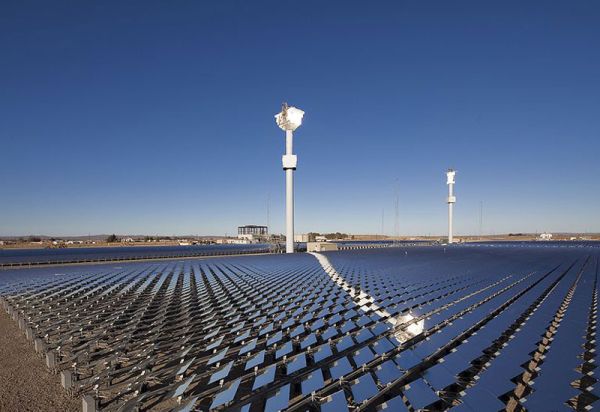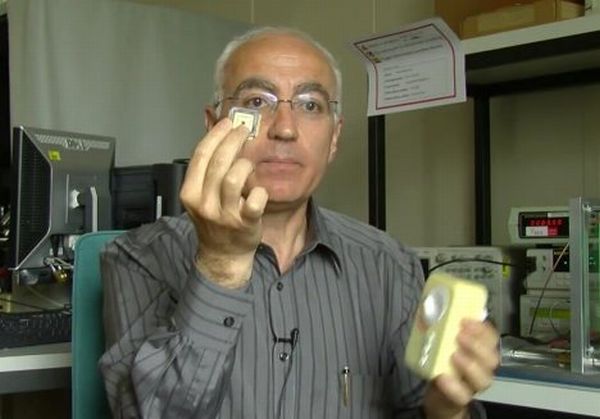
Why are we asking this now?
Well, the answer is the same old idea of saving energy and utilizing it in the best possible manner. To explain, a smart grid is a system that enables power companies and retailers to gauge the demand patterns of power and ensures that it is produced and dissipated accordingly. As for the users, the energy meter helps keep a track of the power usage by various kinds of devices. The meter and the grid, together are supposed to optimize the utilization of energy. Here the question is, will the benefits balance themselves for the users and providers equally?
Is it really that serious?
The seriousness increases with the gravity of the fact that humans by nature are opportunists. Similar would be the case with the producers and retailers of power. The fact that they would produce a relative amount of power means that they would possess an exact clue of how energy is being used by consumers. This would give them a grant to charge variably at their discretion. Moreover, the masses, would switch over to their previous energy habits after an initial lag period of energy usage improvement.
What others are saying:
One of the prime supporters of this smart system is none other than the organization which promises a smarter planet – IBM. IBM has seen an active involvement in the conceptualization and prospective implementation of this idea. While addressing the GridWise Global Forum 2010, Chairman Samuel J. Palmisano, stressed on the active participation of IBM in the project.
The developments:
1. Energy Smart Grid:

Expected in Singapore, the Energy Smart Grid would have a capacity of 1MW and cost $32 million to SP PowerGrid and CEI Contract Manufacturing. The smarter grid is expected to give a better feedback regarding power status and thus help companies smell blackouts well in advance.
2. Smart Grid Domestic Appliance:

These appliances complement their human owners in the fact that they have brains! They kick to activity only when electricity is the cheapest and thus save a lot of your green bills. The condition of course is that they have to be pre-programmed.
3. Smart Grid Chip:

The EPFL ELab’s 4 mm chip is supposed to maintain the integrity that is required to keep the grid working. It is still a prospective success and would give an alarm as and when there is something wrong in the grid.




